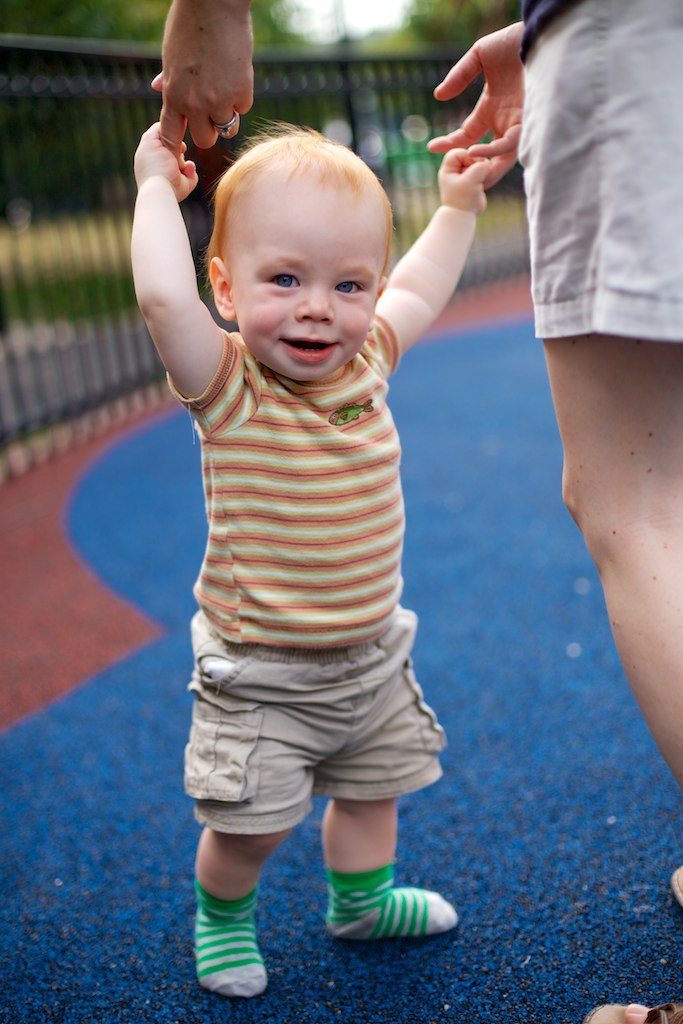
As a parent, watching your child grow and develop is an incredible experience. From their first smiles to their first steps, each milestone is a step towards independence and self-discovery. Here’s a look at some of the key developmental milestones that babies and young children in the UK typically achieve in their early years.
0-3 months In the first few months of life, babies are mostly focused on survival and basic needs. They are still getting used to their new environment and learning to control their movements.
During this time, they may begin to:
- Smile in response to familiar faces and voices
- Move their arms and legs more purposefully
- Focus their eyes on objects and faces
- Hold their head up when lying on their tummy
3-6 months Around the three-month mark, babies start to become more aware of their surroundings and their abilities. They may begin to:
- Reach for and grasp objects
- Roll over from their tummy to their back
- Sit up with support
- Respond to their name
- Babble and make other sounds
6-12 months As babies approach their first birthday, they become more mobile and interactive. They may:
- Crawl or begin to take their first steps
- Understand basic commands and gestures
- Begin to mimic sounds and words
- Show more interest in social interaction
- Start to develop a sense of object permanence
12-24 months Toddlers continue to develop their language skills and become more independent during their second year of life. They may:
- Walk and run with more confidence
- Use simple words and phrases to communicate
- Understand more complex instructions
- Develop preferences for certain foods, toys, and activities
- Begin to explore their own identity and preferences
2-3 years By age two, children are typically more active and adventurous, exploring their surroundings and testing their limits. They may:
- Speak in more complex sentences and have conversations
- Use imagination and creativity in play
- Show empathy and understanding of others’ feelings
- Develop more specific interests and preferences
- Begin to potty train and become more independent in self-care
3-4 years As children approach their fourth birthday, they become more confident and independent in their abilities. They may:
- Ask more complex questions and seek explanations
- Play more collaboratively with others
- Develop a greater sense of empathy and understanding of social norms
- Begin to recognize and name letters and numbers
- Show more interest in drawing and other creative activities
As a parent, it’s important to remember that every child develops at their own pace and in their own way. While these milestones can be helpful for tracking your child’s progress, they should never be used as a strict measure of success or failure. Instead, celebrate each new achievement and enjoy the journey of watching your child grow and thrive.
